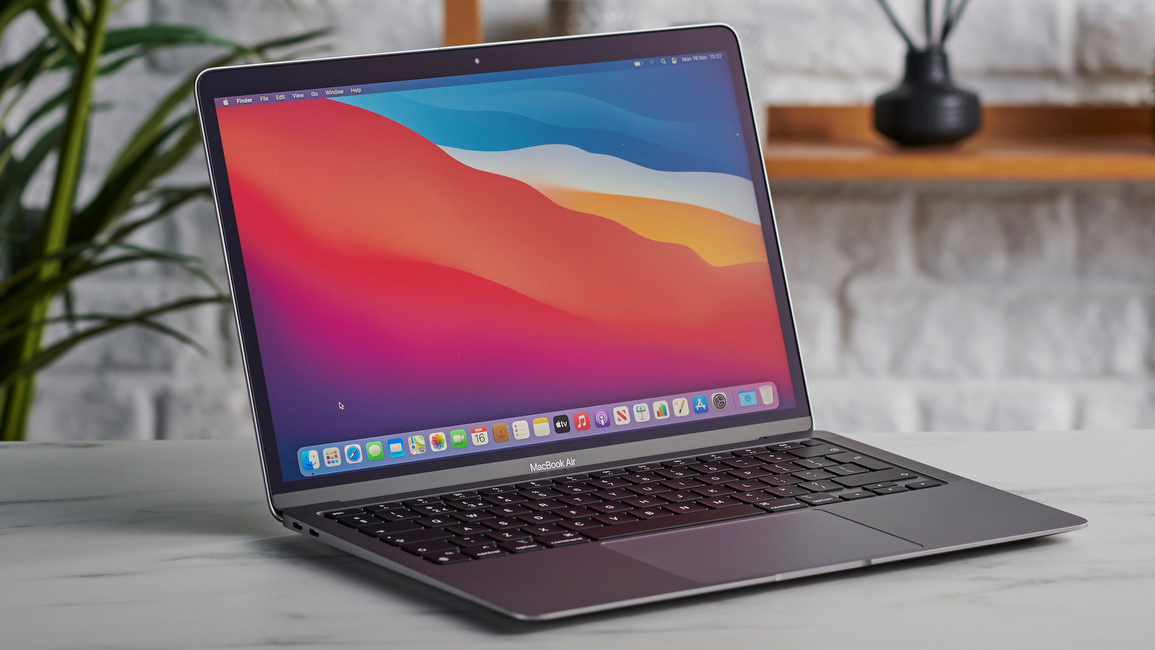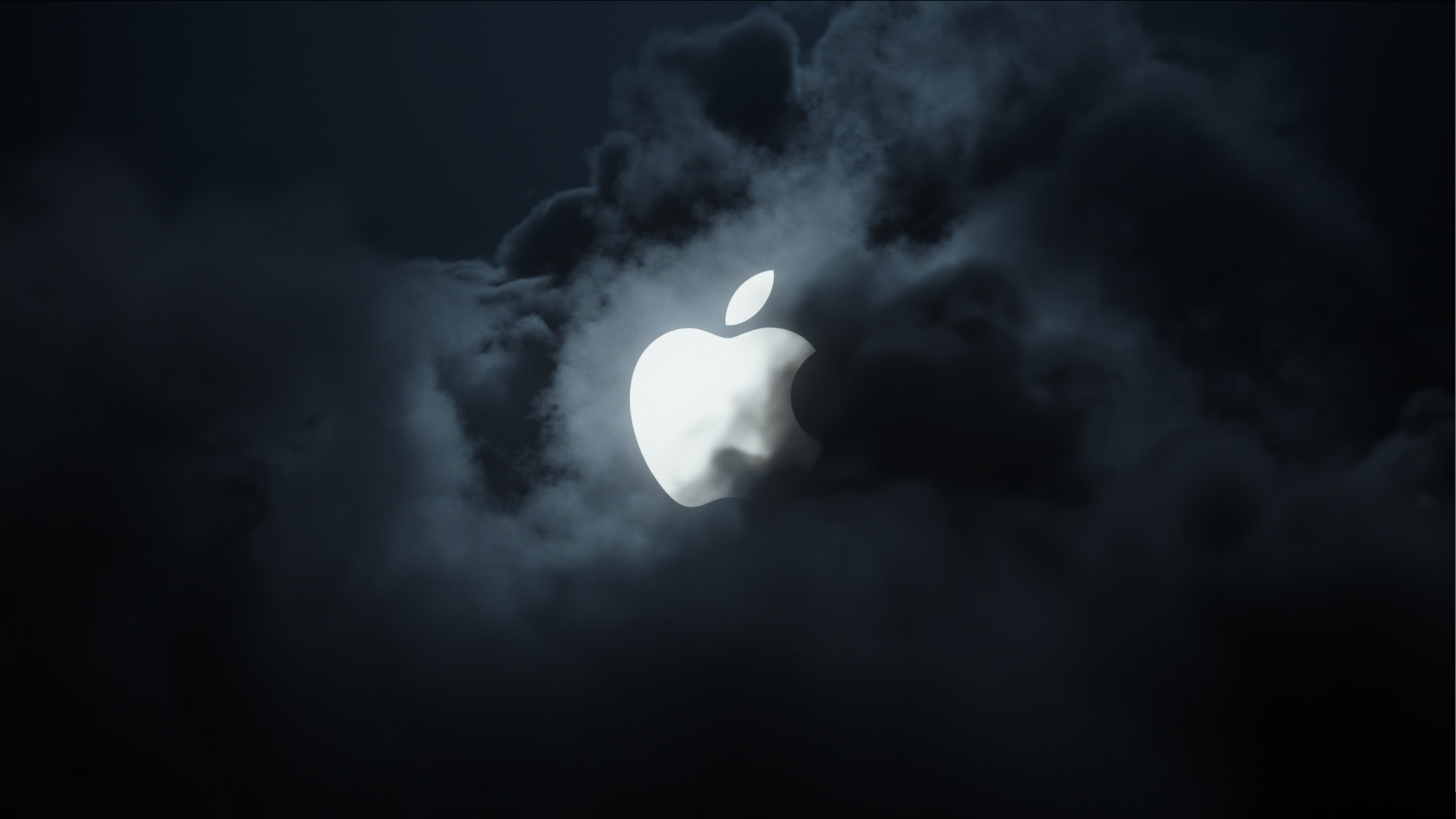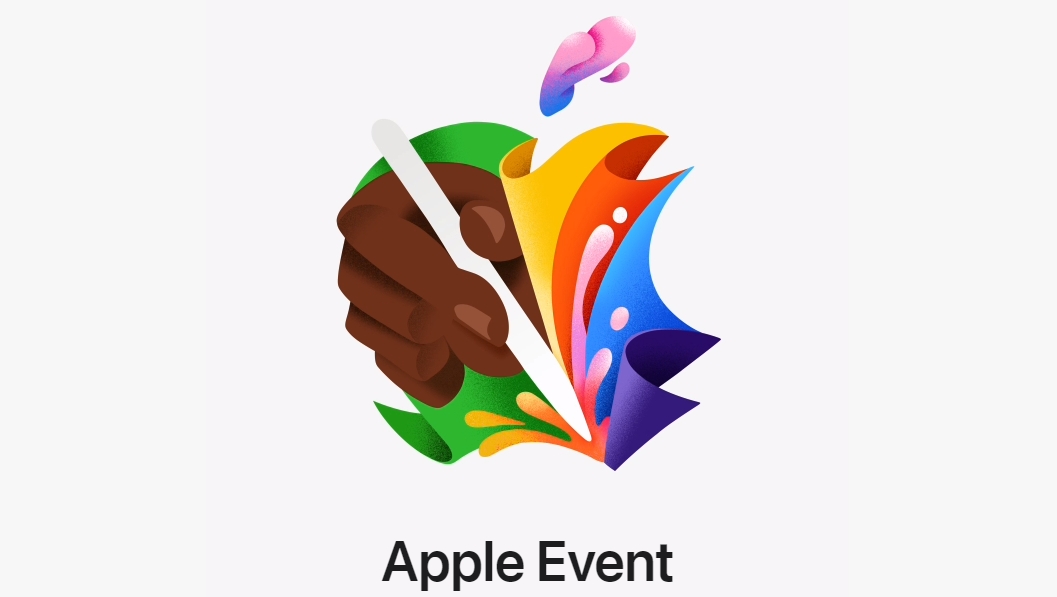Apple has a big event coming up in a few days (Tuesday, May 7, to be exact), and the smart money is on this being a showcase for a new range of iPad tablets. However, one particular rumor suggests this won’t be any ordinary iPad launch, and it might spook a few Mac owners.
According to whispers online, at least one of the new iPads will be powered by Apple’s own M4 chip and will arrive with advanced AI features. Seeing these powerful M-series chips – primarily designed to run the best MacBooks and Macs – included in an iPad Pro isn't anything new; there have been iPad models in the past that included these chips. However, their inclusion in an iPad usually comes after the chip has already appeared in Apple’s computers and laptops.
If this rumor – which originated from notable Apple leaker Mark Gurman – is accurate, it would be the first time an M-class chip has appeared in an iPad before a Mac or MacBook. This would be a major change in Apple’s tactics. Ever since the company dropped Intel from making the processor (CPU) and integrated graphics (GPU) for its Macs and MacBooks, instead choosing to build its own system on chip (SoC) that combines the CPU, GPU and memory (plus other clever bits), every generation of M-class chip (M1, M2, and M3) has launched alongside new MacBooks.
Could this latest move suggest the company is switching focus from Macs to iPads again? I certainly hope not.
End of the Mac renaissance
I’m going to be honest: the Macs and MacBooks Apple released between 2010 and 2020 were rather uninspired. Outside of a few minor design tweaks, each new Mac, iMac and MacBook received a slight bump in specifications... and that’s about it. While none of the releases were poor products, neither were they particularly exciting. In fact, they were teetering on the edge of becoming what so many Apple fans hate about Windows laptops: functional yet boring.
Even Apple seemed disinterested, instead focusing on its (relatively) new hit products, the iPhone and iPad.
That all changed in 2020 with the launch of the M1-powered MacBook Air, MacBook Pro 13-inch and Mac mini. While on the surface those products didn’t look any different from the models that came before, there'd been a revolution on the inside. I remember talking to various people at Apple around the time of that launch, and what was striking was the excitement surrounding these new Macs. This wasn’t just an iterative hardware upgrade, it was a whole new ball game, and it felt like Apple knew it was on to a winner.

The new Macs backed up that confidence, delivering impressive performance, excellent battery life and great value for money – something you don’t often associate with Apple. Customers were as impressed as the critics, and Apple was rewarded with the kind of sales that surely made most laptop makers envious.
And so began what I call the Mac renaissance. More powerful variants of the M1 chips followed (the M1 Pro, M1 Max, and an almost ridiculous M1 Ultra), along with a revamped 16-inch MacBook Pro and all-new 14-inch MacBook Pro and Mac Studio.
Obviously not wanting to lose momentum, Apple soon launched the M2 chip, again alongside a MacBook Air (this time with a radical redesign that gave the laptop a much-needed modern look), a 13-inch MacBook Pro, and a Mac mini. This was followed by M2 Pro, M2 Max chips, and the M2 Ultra.
Apple was seemingly getting into a bit of a routine. However, towards the end of 2023, the company decided to shake things up – and not everyone was impressed.

At an event in October called 'Scary Fast', Apple surprised pretty much everyone by not only announcing the anticipated M3, but also the M3 Pro and M3 Max. This broke the cycle of launching the Pro and Max variants around six months after the initial chip launch – and, understandably, it upset those who had only recently bought M2 Pro and M2 Max MacBooks. The M3 versions launched just nine months after the M2 versions, leaving some people feeling like the expensive high-end devices they bought were all too quickly superseded.
It also raised eyebrows at the M3 ‘Scary Fast’ event that the 14-inch and 16-inch MacBook Pros were launched alongside the new chips, and a new 24-inch iMac, but for the first time, there was no MacBook Air (or 13-inch MacBook Pro, although that was less missed).
This meant that people who'd been hoping for an affordable MacBook with the new M3 chip were left disappointed.
The MacBook Air with an M3 chip did finally come along in March of this year (in both 13-inch and 15-inch variants), though, and they were well worth the wait, earning coveted five-star reviews and a place at the top of our best laptops guide.
But I couldn’t help but feel that Apple’s enthusiasm for MacBooks was once again waning. And, if the company decides to go forth with the iPad Pro as the showcase product for the M4, this could spell the end of the mighty Mac renaissance.

Picking favorites
An iPad Pro with an M4 chip could be seen as a snub to Mac fans. For a start, it would kill off any hope of an M3 Ultra mega-chip. I can’t imagine Apple would attempt to sell an ultra-powerful (and expensive) chip built on outdated architecture.
Buyers of the new M3 MacBook Airs may also feel a bit put out if their new devices were surpassed – and by a tablet.
However, if this does come to pass, one thing's for sure: I certainly won't be ditching my beloved MacBooks for an iPad Pro.
For a start, you have to accept that at some point your cutting-edge tech will be superseded. If you only ever want to use the most powerful gadgets money can buy, you’ll be burning through a lot of money. Instead, you should remember that even if your device is no longer the absolute best-in-class, that doesn’t mean it’s suddenly worthless.
I have a 16-inch MacBook Pro with the M2 Pro chip, and I absolutely love it. When the 16-inch MacBook Pro with M3 Pro was released, my M2 Pro model was still an absolute beast of a machine, and it will be for many years to come. Replacing the MacBook for the newer model would be costly and largely pointless – especially if an M4 iPad Pro heralds the coming of an M4 Pro in the near future.
And, while I’d be a little glum if an iPad got to show off the power of the M4 before a Mac, I won’t be swapping a laptop for a tablet any time soon. The iPad Pro is a fine line of tablets, sure – as I discovered when I used an iPad instead of a laptop last year, with a good keyboard attachment, you can get a decent experience that comes close to what a laptop offers.
But "close" isn’t good enough. Unless the M4 iPad comes with macOS instead of iPadOS, and thus allows me to use full desktop applications rather than pared-down mobile app versions, I’m not interested.
I use my MacBook Pro mainly for recording and editing music and videos, and I can’t see an M4 iPad Pro allowing me to do the same. Of course, that’s just my use case, I also much prefer typing on a physical keyboard.
There will be plenty of iPad fans who will love the idea of the M4 chip debuting in an iPad Pro, especially after a few years where they might have felt that Apple has lost interest in the tablet. That’s a feeling Mac fans will certainly find familiar, so maybe we can graciously allow the iPad line to benefit from a new piece of Apple silicon this time around, safe in the knowledge that M4 Macs will surely follow soon.
Unless, of course, Apple pulls the rug from under all of us, launching the M4 alongside a new Vision Pro. If that happens, we riot.
You might also like
- iPad Pro 2024: what we know so far
- iPad Air 6: latest news, rumors and everything we know so far
- Windows 11 laptops could finally take on M3 MacBooks thanks to Qualcomm – but Microsoft needs to do its part too
from TechRadar - All the latest technology news https://ift.tt/6xs3hzt

0 coment�rios: